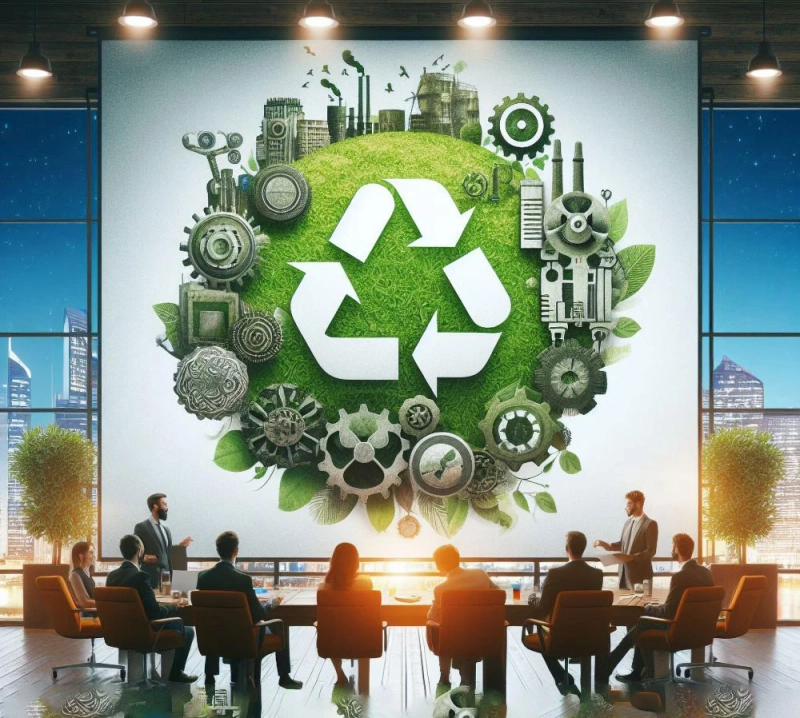In recent years, the global focus on sustainability has prompted significant advancements in waste management practices. Innovations in this field are not only reducing environmental impact but also creating new opportunities for resource recovery and circular economy models. Here, we explore some key innovations driving sustainable waste management today.
Advanced Recycling Technologies:
Innovations like pyrolysis, gasification, and chemical recycling are revolutionising how we handle waste. These technologies can convert plastics, organic matter, and other materials into valuable products like fuels, chemicals, and feedstocks for new products, reducing the reliance on landfilling and incineration.
Smart Bins and Waste Sorting Systems:
IoT-enabled smart bins equipped with sensors can optimise waste collection routes, reduce collection costs, and improve recycling rates. Automated waste sorting systems are also becoming more efficient, sorting recyclables from mixed waste streams with high accuracy.
Biodegradable and Compostable Materials:
The development of biodegradable and compostable materials is reducing the environmental impact of single-use plastics. These materials break down into natural elements, reducing the burden on landfills and oceans.
Waste-to-Energy (WtE) Plants:
WtE plants are converting non-recyclable waste into heat, electricity, or fuel. These plants are reducing the reliance on fossil fuels for energy generation and are helping to manage waste in a more sustainable manner.
Upcycling and Repurposing:
Innovations in upcycling and repurposing are turning waste materials into new products of higher value. For example, plastic bottles can be transformed into clothing, furniture, or construction materials, reducing the need for virgin resources.
Community-Based Recycling Initiatives:
Community-led recycling programs are promoting awareness and engagement in sustainable waste management. These initiatives encourage individuals to reduce, reuse, and recycle, fostering a culture of sustainability.
Circular Economy Models:
The concept of a circular economy aims to minimise waste and maximise resource efficiency. Innovations in this area include product redesign for recyclability, waste exchange platforms, and closed-loop supply chains.
Decentralized Waste Management Systems:
Decentralised systems are gaining popularity for their ability to manage waste locally. These systems reduce transportation emissions and can be more adaptable to local waste management needs.
Waste Data Analytics:
Data analytics are being used to optimise waste management processes, improve recycling rates, and identify opportunities for waste reduction. This technology enables more informed decision-making and resource allocation.
Innovative Packaging Solutions:
Packaging innovations, such as reusable containers, edible packaging, and packaging made from sustainable materials, are reducing the environmental impact of packaging waste.
Conclusion
These innovations are transforming the waste management landscape, offering sustainable solutions to the growing challenges of waste generation and disposal. By embracing these innovations, we can move towards a more sustainable future where waste is viewed as a valuable resource rather than a burden.


